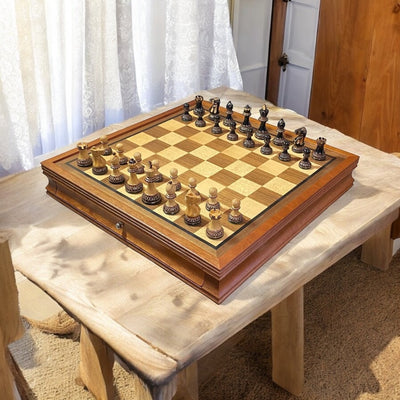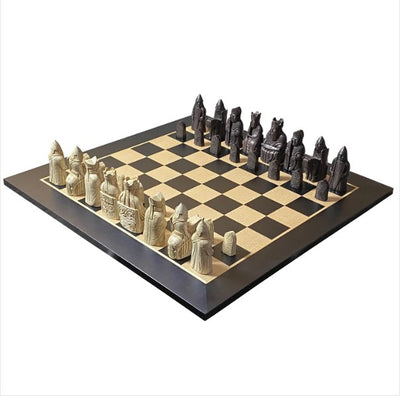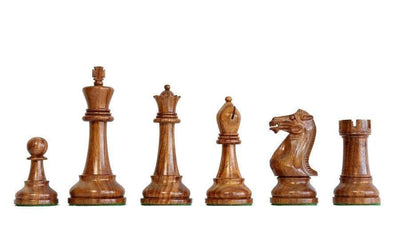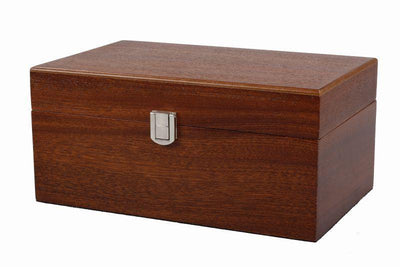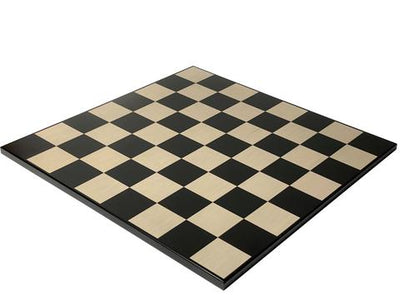Exploring Chess Culture Around the World: A Grand Tour of Strategy and Style
Chess, a game that transcends borders and languages, has fostered a rich tapestry of cultures around the globe. From the bustling streets of Moscow to the vibrant squares of Buenos Aires, chess is more than just a pastime; it reflects the traditions, values, and identities of communities. In this blog post, we’ll embark on a journey through the fascinating world of chess culture, showcasing how different nations embrace this timeless game.
The Origins of Chess: A Historical Perspective
To appreciate global chess culture, it’s essential to understand the origins of the game. Believed to have originated in India around the 6th century AD, chess spread to Persia before arriving in Europe through the Muslim conquest of Spain. Each region adapted the game to align with its own customs, resulting in a diverse array of styles and approaches.
The Evolution of Chess Pieces and Boards
In its early days, chess pieces and boards were simple and utilitarian. Today, with the advent of modern design, chessboards have become artistic expressions. The 18 inch chessboard is a popular size that balances practicality with style, finding a special place in homes and tournaments alike. The materials used in crafting these boards vary widely; wood, marble, and even glass are common choices, reflecting the unique aesthetics of each culture.
Chess in Europe: The Heart of Competitive Play
Europe has long been at the forefront of chess development, particularly in countries such as Russia, Germany, and France. The cultural significance of chess in these nations is undeniable, often associated with intellectual prowess and strategic thinking.
Russia: The Chess Superpower
Home to some of the greatest chess champions in history, Russia has elevated the game to a national sport. With institutions like the Central Chess Club in Moscow, aspiring players receive rigorous training from a young age. The country’s emphasis on chess in schools has resulted in a generation of skilled players who compete at international levels. Notable tournaments, such as the Russian Chess Superfinal, are celebrated events that draw large audiences and media attention.
Germany: The Bastion of Board Games
Germany boasts a rich history of board games, with chess being one of the most popular. The country hosts numerous chess festivals and tournaments, particularly the renowned Chess Olympiad. Germans take pride in their chess clubs, where enthusiasts gather to discuss strategies and challenge one another. The 18 inch chessboard is a common sight in German households, often used for friendly games among family and friends.
Across the Ocean: Chess in the Americas
The Americas have a distinctive chess culture influenced by the diverse backgrounds of its players. From casual gatherings in parks to high-stakes tournaments, chess fosters a sense of community and competition.
United States: The Rise of Chess Popularity
The United States has seen a surge in chess popularity, especially following the “Cold War” chess matches that captivated millions. Cities like New York and Los Angeles have vibrant chess communities, with frequent tournaments and events. The US Chess Federation actively promotes the game, encouraging youth participation. Chess clubs in urban parks often feature the classic 18 inch chessboard, allowing players of all skill levels to engage in this strategic battle.
Argentina: The Capital of Chess in Latin America
Argentina is renowned for its passionate chess culture, producing legendary players like Grandmaster Miguel Najdorf. The game is woven into the social fabric of Argentina, where chess clubs and local competitions thrive. In open-air plazas, you’ll find enthusiasts gathered around chessboards, showcasing their skills amidst the hustle and bustle of everyday life.
Chess in Asia: A Blend of Tradition and Modernity
Asia is home to a wide variety of chess, including traditional versions like Xiangqi in China and Shogi in Japan. The fusion of history and modern influences creates a unique chess culture across the continent.
China: The Rising Chess Power
China has rapidly emerged as a dominant force in the chess world, with an increasing number of players making their mark on the international stage. The Chinese Chess Association focuses on grassroots training, highlighting the game's importance. The country’s chess players often engage in tournaments that feature both traditional Chinese chess and international chess played on the classic 18 inch chessboard.
India: The Birthplace of Chess
As the birthplace of the game, India takes immense pride in its chess culture. The popularity of chess in India continues to grow, catalyzed by the success of players like Viswanathan Anand and Hou Yifan. Schools encourage chess as a means of developing critical thinking skills, often hosting competitions that include a wide array of chessboards, including the ubiquitous 18 inch chessboard for classroom play. The traditional Indian ambiance infuses a unique flavor into every match.
The Role of Online Chess in Today's Global Culture
The digital age has transformed how chess is played and consumed. With platforms like Chess.com and Lichess, players from all over the world can compete against each other in real-time, fostering a new global chess community.
The Rise of Online Tournaments
Online tournaments have revolutionized the competitive landscape, allowing people to showcase their skills irrespective of their geographical location. Players can now compete in high-level chess competitions from the comfort of their homes, connecting with adversaries from different cultural backgrounds. These online arenas often emphasize the importance of a quality 18 inch chessboard as players engage in the tactical war of wits without traditional physical limitations.
Fostering Global Chess Connections
Social media platforms have also played a pivotal role in connecting chess players worldwide. Through forums and discussion groups, enthusiasts can share strategies, analyze games, and even forge friendships. Chess content creators are transcribing their culture and expertise onto various platforms, making chess more accessible than ever.
Bridging Cultures Through Chess Events
International chess events serve as platforms for cultural exchange. They unite players from various backgrounds, promoting camaraderie and understanding among nations. Tournaments like the Chess World Cup are not merely competitions; they symbolize unity through a shared passion for the game.
The Cultural Exchange of Chess Championships
The charm of chess lies not only in strategy but also in the storytelling of its players. Each match unfolds a narrative, intertwining cultural influences and individual backgrounds. Events allow for cultural showcases, where players can introduce spectators to their chess traditions while sharing strategies and learning from one another.
Community and Bonding Through Chess
The beauty of chess culture lies in its ability to connect people, regardless of age or background. Chess clubs and community centers offer safe spaces for players to enjoy the game and bond over shared experiences. Here are a few aspects where chess fosters community:
- Mentorship: Experienced players often mentor newcomers, instilling a passion for the game and guiding young talent.
- Social Events: Many chess clubs host social gatherings, allowing members to bond outside of competitive play.
- Workshops: Experts often conduct workshops, encouraging skill development while enhancing community building.
Chess: A Timeless Connection Across Borders
The exploration of chess culture around the world reveals the game as a profound force that transcends barriers. Through its rich history, diverse practices, and the ignition of global connections, chess continues to captivate hearts and minds. The pervasive appeal of the 18 inch chessboard ensures that this ancient game remains relevant, uniting enthusiasts across generations.
As we move forward in this interconnected world, the spirit of chess will undoubtedly continue to forge bonds among diverse cultures. Embrace the game, celebrate its beauty, and keep the tradition alive—one move at a time!


